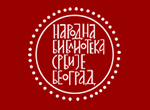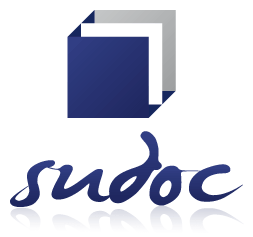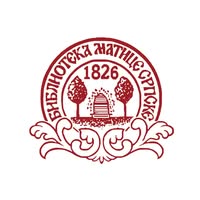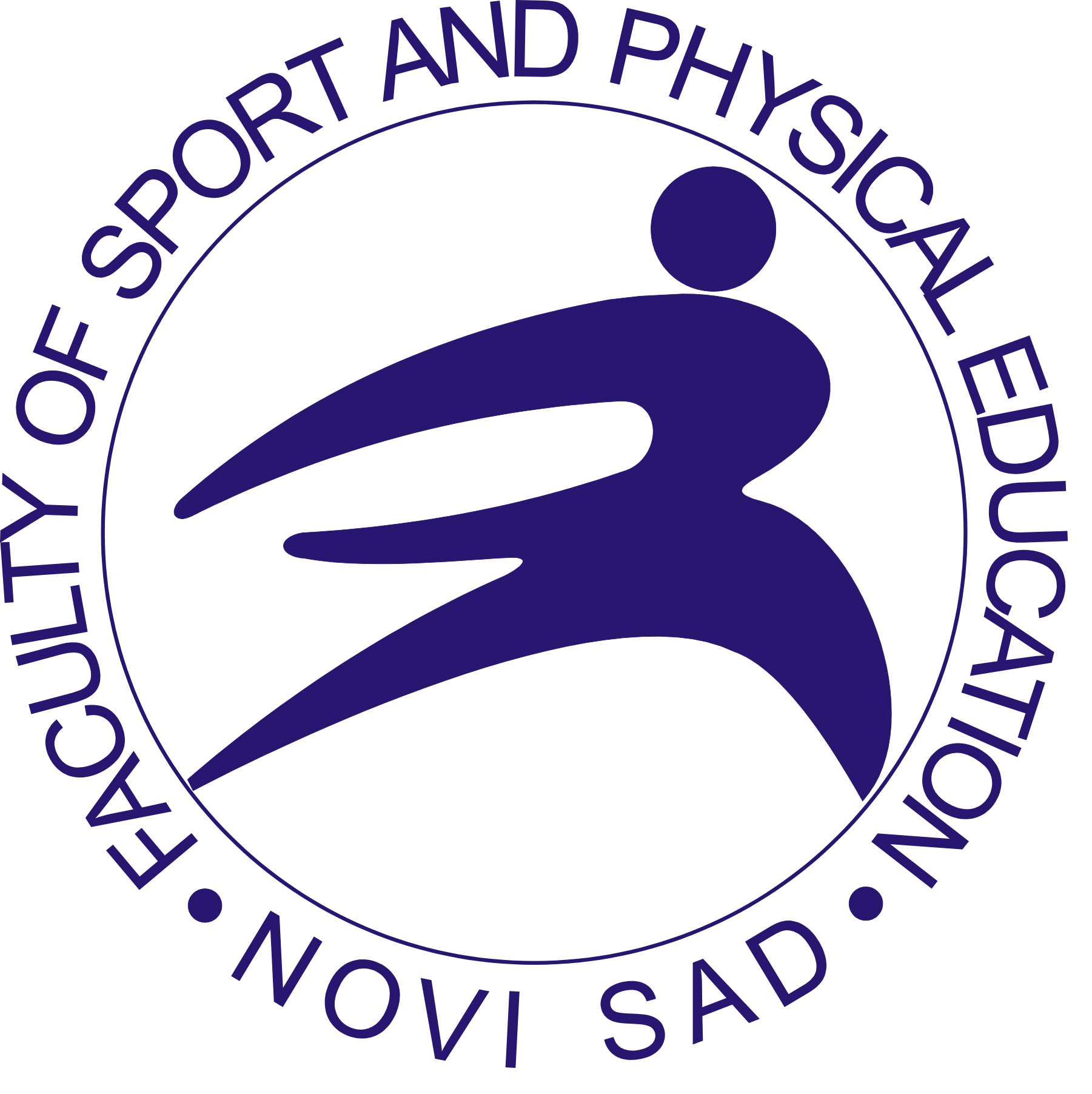
More articles from Volume 2, Issue 2, 2010
PSYCHOLOGICAL NEEDS AS DETERMINANTS OF ENGAGEMENT IN SPORTS TOURISM
EMPLOYED WOMEN WHO GO IN FOR SPORTS - SATISFACTION WITH ONESELF, ONE'S FAMILY, ONE'S JOB, ONE'S SOCIAL LIFE AND GENERAL LIFE SATISFACTION
POSITIVE PSYCHOLOGY AND POSITIVE ORIENTATION
The preparation of the proposal of National programme for sport in Slovenia for the next decade
TOWARDS SUSTAINABLE DIDACTICS
Citations

0
ATTITUDE OF FOOTBALL PLAYERS OF DIFFERENT SPORTING EXPERIENCE TOWARDS UNALLOWED STIMULATIVE RECOVERY DRUGS
Faculty of Sport and Physical Education , Novi Sad , Serbia
Football Club "Hajduk", Kula , Kula , Serbia
Football Club "Hajduk", Kula , Kula , Serbia
Faculty of Physical Education and Sport , Tuzla , Bosnia and Herzegovina
Faculty of Physical Education and Sport , Tuzla , Bosnia and Herzegovina
Abstract
Usage of unallowed stimulative drugs for recovery implies consuming or giving to others substances which artificially improve physical and psychical condition of an athlete and thus improve his/her success in sport. The goal of the study is to examine attitudes of football players of various length of sports experience, towards unallowed stimulative substances for recovery. The sample of examinees consists of 120 football players divided into two groups, on basis of the sports experience length (first group: 4-8 years of sport experience, second group: 9-14 years). The sample of variables consists of a system of 10 items (claims) assessed on a 5-grade scale. The importance of the differences between the groups was determined by a multivariate and univariate analysis of variance, discriminative analysis, Royís test, Pearson's coefficient of contingency and the coefficient of multiple correlation. It is evident that football players of different length of sport experience differ among themselves in their attitudes towards unallowed drugs for recovery, however, those differences are not big.
Keywords
References
Citation
Copyright

This work is licensed under a Creative Commons Attribution-NonCommercial-ShareAlike 4.0 International License.
Article metrics
The statements, opinions and data contained in the journal are solely those of the individual authors and contributors and not of the publisher and the editor(s). We stay neutral with regard to jurisdictional claims in published maps and institutional affiliations.
























